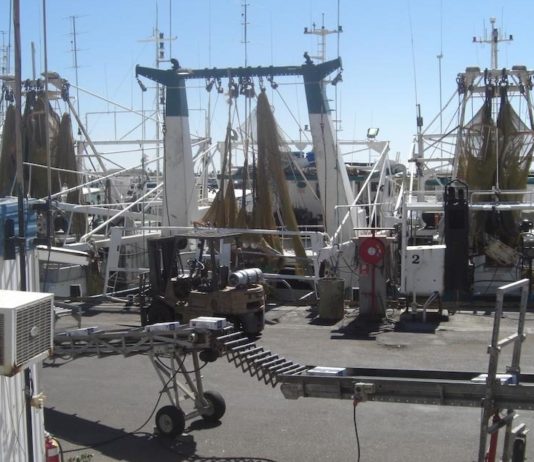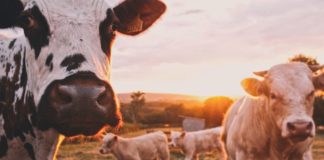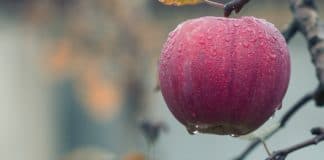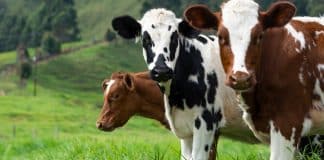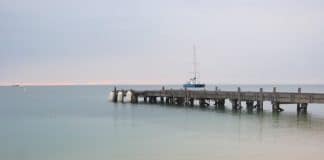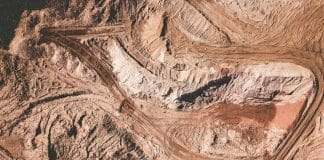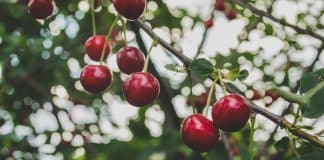Working 88 days on a dairy farm in Australia
Working on a dairy farm in Australia can offer a rewarding experience, allowing you to become familiar with the agricultural industry and live an...
Fruit Picking in Australia: Scams and Advice
Australia's vast agricultural sector offers numerous opportunities for backpackers and travelers to work in fruit picking, a popular way to earn money and extend...
How to find a Dairy Farm Job in Australia
Australia, with its vast agricultural lands and thriving dairy industry, offers numerous opportunities for those looking to work on a dairy farm. Working on...
Working on a Paradise Island in Australia: Info and Experience Feedback
Sometimes luck smiles upon us when looking for a job in Australia, and we stumble upon THE perfect opportunity! Working in housekeeping in Australia...
Dream job in Australia: Working with dolphins in Monkey Mia
Who hasn't dreamed of spending their days by the water splashing around with wild dolphins? In her home country, Marine works to protect water...
Working in a bar in Australia
Looking for a job while on a Working Holiday Visa in Australia? Working in a bar is one of the most popular jobs for...
Backpacker jobs and salaries – Examples of wages in Australia for...
A lot of people wonder what kind of jobs they can do whilst on a Working Holiday Visa (417) or Work and Holiday Visa...
My mining job experience in Queensland
Landing a job in the mines in Australia means ensuring the possibility of putting a lot of money aside, while living an extraordinary experience. Aude...
How to become a Hairdresser in Australia?
Becoming a hairdresser in Australia is a rewarding career choice for those who are passionate about creativity, fashion, and personal grooming. The profession offers...
Cherry Picking in Adelaide Hills
Australia’s Working Holiday Visa program offers backpackers the unique opportunity to explore the country while earning money. One popular job among backpackers is cherry...





















